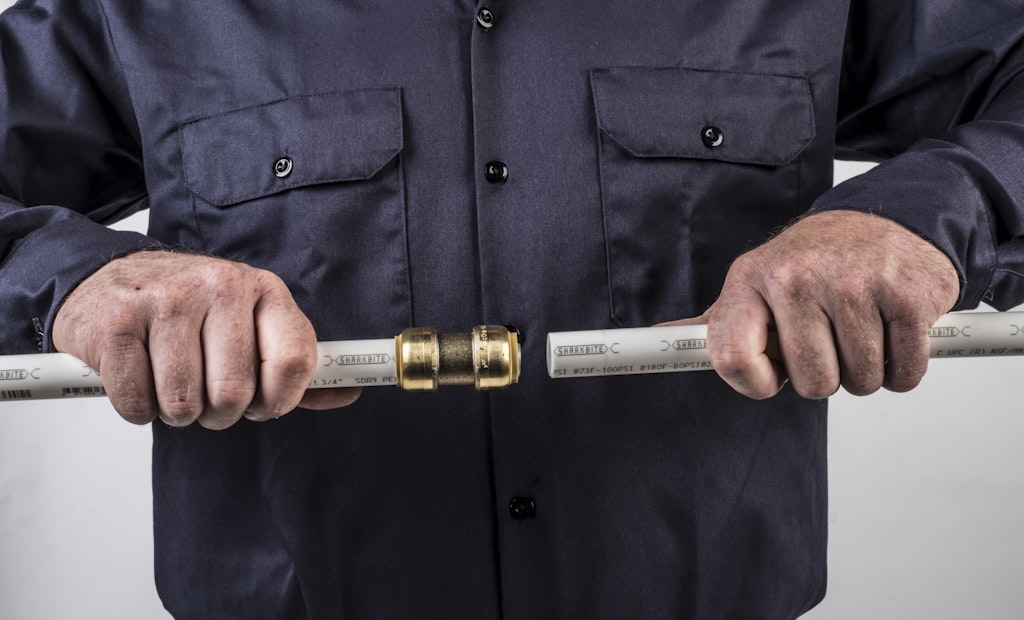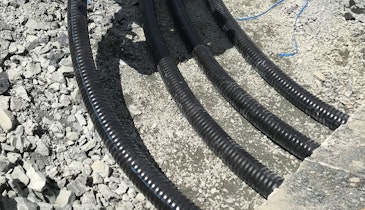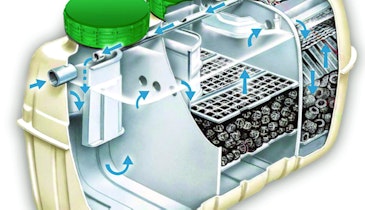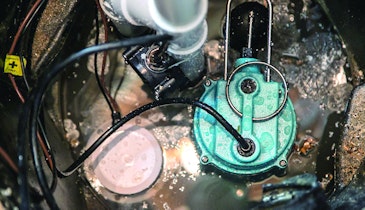Interested in Business?
Get Business articles, news and videos right in your inbox! Sign up now.
Business + Get AlertsIn 2020, plumbers have become more essential than ever before. At the core, a plumber’s responsibility is to protect the health of their community through safe plumbing services — even through challenging times like a pandemic.
And behind every essential, successful plumber is a solid business built on skill, professionalism and exceptional customer service. Whether you’ve recently seen an uptick in work or you’re experiencing more downtime than usual, it’s important not to lose sight of the importance of building your business. In fact, now is the perfect time to concentrate on your company and find ways to improve it.
If you’re looking to get your plumbing business on the right path toward growth, consider these tips to strengthen your relationship with customers and position in the market.
1. Revisit your business plan. Then build a contingency plan.
Don’t let your business plan sit and collect dust. Review it quarterly to ensure you’re staying on target and your business model remains realistic. Update it with new trends, customer preferences and research that helps keep your services current.
But it’s just as important to have a contingency plan. No matter how small or large your team is, or how long you’ve been in business, it’s important to have a backup plan to keep the company afloat during uncertain times.
The first step is to identify and prioritize potential risks to your business. Impacts such as property damage, theft, natural disasters, jobsite accidents and product losses should all be considered. Once you determine your highest-priority threats, develop a detailed process for each.
Meet with other team members or pull in an outside consultant to help determine what actions need to occur to mitigate risk and sustain your business. Establish timelines, a communications plan for both employees and customers, and a step-by-step approach to manage both immediate and long-term issues. Once these plans are complete, share them with everyone who may be impacted, including employees, suppliers and vendors.
2. Be nimble and adapt to customers’ needs and behaviors.
Are you still taking on house visits? Or are fewer calls coming in? In today’s climate, customers are anxious about welcoming anyone into their home or business. Because of this, some are canceling or postponing maintenance visits for the time being. They’re taking extra precautions and so should you.
Instead of focusing on business as usual, focus on providing solutions that cater to how the customers’ mindset has shifted. Offer virtual assessments via FaceTime or Skype to limit one-on-one contact. You can also use video posts via social media to reassure clients you’re taking steps to maintain everyone’s safety by adjusting your business model. Show evidence that you’re providing your employees with the proper PPE and that the team is prepared take on both indoor and outdoor work safely. Taking extra steps to meet customers’ needs now can pay off in the long run.
3. Emphasize safety and training.
Use any downtime you have to improve the overall quality of your business. Two key areas of focus are safety and training.
If you haven’t already, develop a team safety program that meets OSHA guidelines. Start by identifying areas that are the most relevant to your team. If your staff often works in confined spaces, ensure safety by developing and following confined space procedures. If your team is regularly exposed to biohazard or unsanitary materials, include safety tips to prevent accidents.
After you analyze any possible safety risks, make your program actionable. Put recurring training workshops and refreshers on the calendar to make safety a priority within your company culture. Lastly, give your staff PPE for the plumbing jobs they handle. Educate them about the importance of each type of PPE and demonstrate how to wear or use them correctly.
In addition to safety, train your team on professional topics. Start by identifying what you want your employees to improve upon. Make it a collaborative process and ask them how they’d like to grow professionally. Subjects such as new technical skills are common, but it’s also important to develop soft skills like customer service, leadership and sales techniques. Once you’ve determined the focus areas, offer your staff workshops, courses and sessions. You can either create your own using trusted and seasoned employees as the instructors or you can use an online, accredited program.
It’s important to never stop training your employees. It will not only advance their skills but also ultimately broaden your business services.
4. Make time for better time management.
As a business leader, reducing inefficiencies, minimizing job delays and finding ways to solve customer challenges is top of mind. Time is of the essence, and setting an example for your team on how to best manage their time while maximizing productivity is key. Consider using an online time management system to organize scheduling, track your team’s time and identify bottlenecks in productivity. Going digital and using smart technology will keep everyone moving and connected without wasting dollars.
It’s also important to regularly audit the products you use and determine if they truly make your job more efficient. Consider products that reduce installation time or don’t require special tools. With constant product updates and new technological innovations out there, you can easily invest in new tools that improve productivity.
Even though we’re in uncertain times, now is the opportunity to ask: What actions are you taking to improve your plumbing business this year?
About the Author
Reliance Worldwide Corporation (RWC) is a market leader and manufacturer of water control systems and plumbing solutions for residential, commercial and industrial applications. Established in 1949, the RWC portfolio includes several industry-leading brands: SharkBite push-to-connect plumbing solutions; HoldRite engineered plumbing and mechanical solutions; Cash Acme control valves; John Guest fittings and fluid dispense products and StreamLabs smart water technologies.






